Dàodōng Academy (道東書院) is one of many Qing dynasty era academies scattered across central and southern Taiwan. Located in Hemei in Changhua, it was built in 1857, the 7th year of the Xianfeng Emperor (清咸豐七年), and operated as a private school devoted to classic Chinese literature, philosophy, and ethics, among other subjects. Commonly known to locals as Wénmiào (文廟, “Temple of Literature”), the academy also venerates Song dynasty scholar Zhū Xī (朱熹) and Kuí Xīng (奎星), the god of examinations.
The academy endured almost a century of turmoil starting with the Japanese invasion and colonization of Taiwan in 1895. It was occupied by military forces, abandoned, and later rebuilt in 1920. Based on what I know of the area—and given that it was a center of Chinese language learning in a time when Japanese was taught in public schools—I suspect it would have had some role to play in the Taiwanese New Literature Movement (台灣新文學運動) of the 1920s and early 1930s.
After the Chinese nationalists took over Taiwan the academy underwent another cycle of occupation and abandonment. Squatters eventually moved in, transforming what remained of the academy buildings into makeshift residences, but they were evicted in the early 1980s to make way for a major restoration effort. By 1985 the academy opened to the public and was declared a historic monument.
Like most other buildings in this part of the country Daodong Academy suffered extensive damage in the devastating 921 Earthquake. Another round of restoration work was completed in 2005 and the academy once more opened to the public—only to be closed again in 2012 after the 72 year-old overseer of the academy hanged himself inside the main shrine. Apparently he was a perfectionist known for quarreling with tourists and suicide by hanging was his way of having the last laugh.
Coastal Changhua in general and Lukang in particular1 is known all over Taiwan for a unique local custom, an elaborate ceremonial exorcism known as sàng bah-tsàng (送肉粽, literally “send zongzi”) in Taiwanese. Zòngzi (粽子), as they are known in Mandarin Chinese, are a kind of glutinous rice dumpling that vendors typically hang from strings, particularly around the time of the Dragon Boat Festival. To sang bah-tsang means to drive the spirit of the recently hanged into the sea2. This is accomplished in an extraordinary series of rituals involving animal sacrifice, shamanic possession (童乩), brooms, rope, and as many firecrackers as possible.
Sang bah-tsang is an extremely serious event for local people and notices are posted all around town outlining the exact route the procession will take. Absolutely everyone stays indoors, taking care to close windows and doors, for even looking upon the procession as it passes is considered to be inordinately bad luck, maybe even fatal. In Taiwanese folk traditions the hungry ghost of the departed must find a victim among the living to take its place so people go to incredible lengths to evade capture. If you’re morbidly curious, watch this video news report, which features footage from the sang bah-tsang ceremony conducted at Daodong Academy.
When I visited Daodong Academy I had no idea about its dark and recent history. It seemed oddly deserted compared to the other academies I visited while living in nearby Changhua City but I never would have imagined the truth. From a Taiwanese perspective, inasmuch as songrouzong was conducted to deal with the immediate aftereffects of the hanging, this place is probably forever cursed. Most unusual for me is the fact that another of my expeditions to Hemei turned up a dark and secret history— but that’s a story for another post.
I only managed to turn up one reference to Daodong Academy in English; you can read that here. For much more photos and information in Chinese try these blogs here, here, here, here, here, here, and here. If you’re interested in central Taiwan’s many academies check out my post about the nearby Huangxi Academy (磺溪書院).
- To be specific, this custom is primarily associated with the districts of Shengang, Xianxi, Hemei, Lukang, Fuxing, Xiushui, and Fangyuan, approximately a third of Changhua as a whole. ↩
- I’m told this ceremony is only performed for those who hang themselves—which means that the old man knew exactly how much trouble he’d be causing by killing himself in such a spectacular fashion. ↩
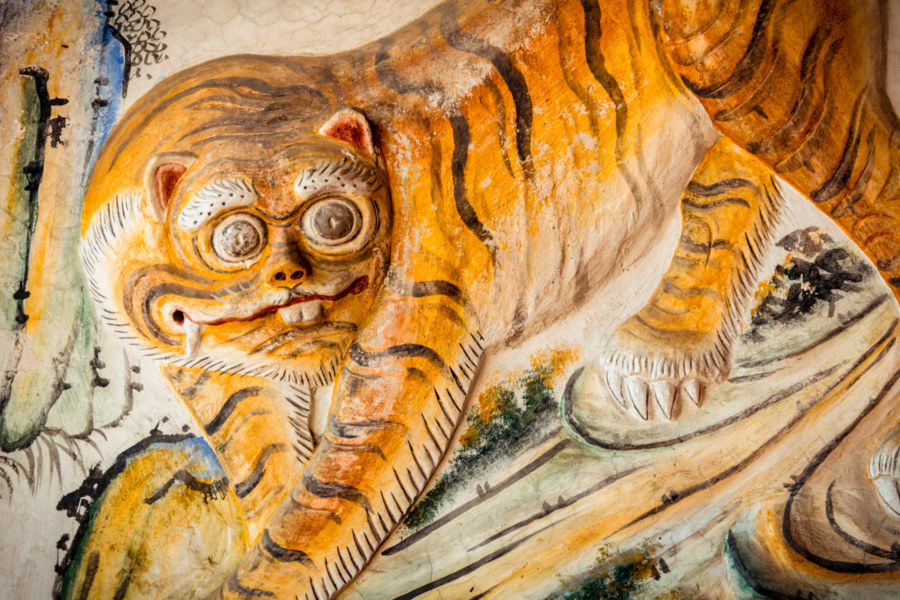
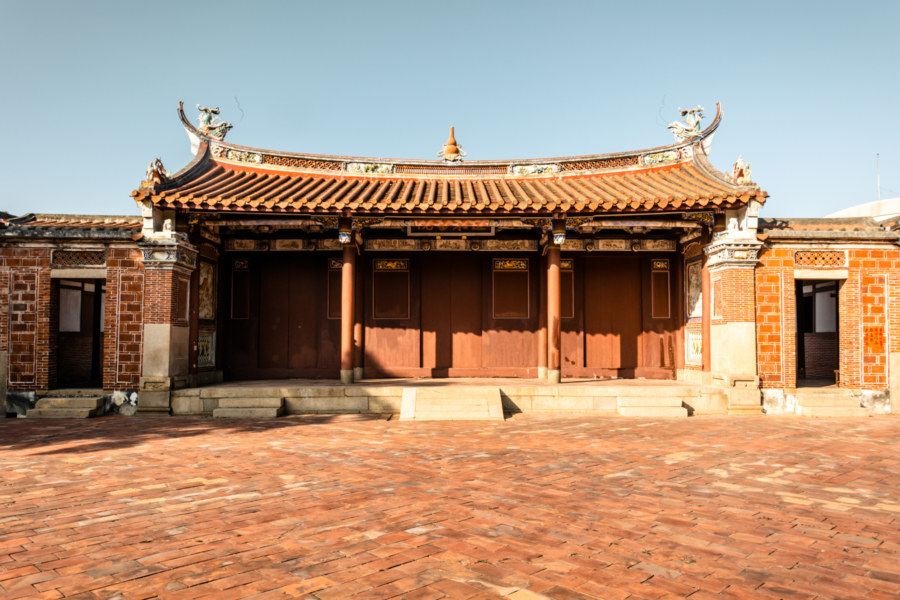
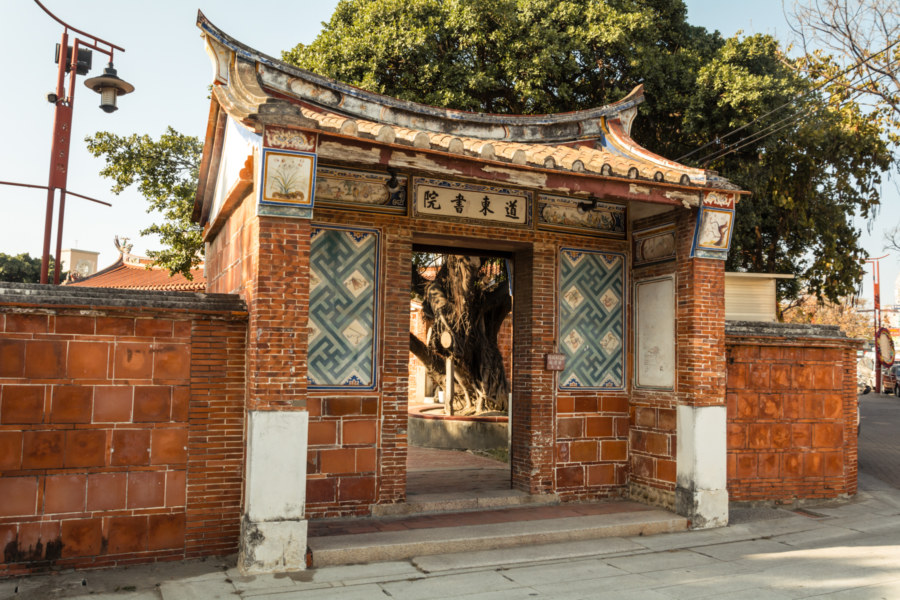
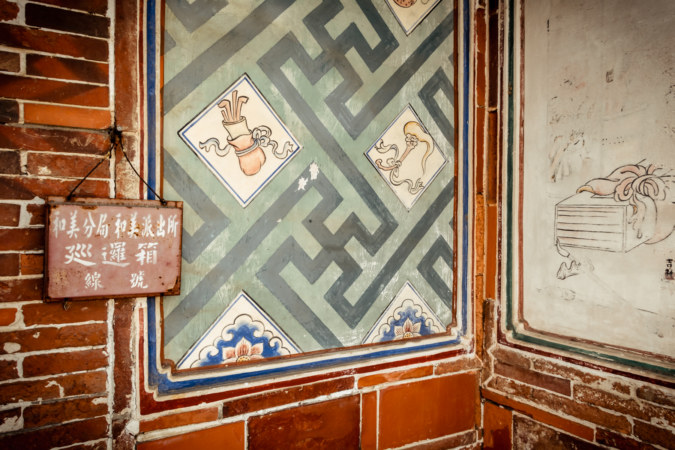
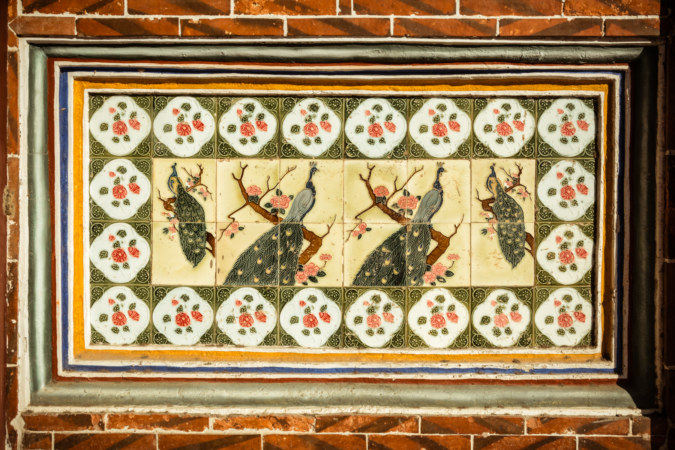
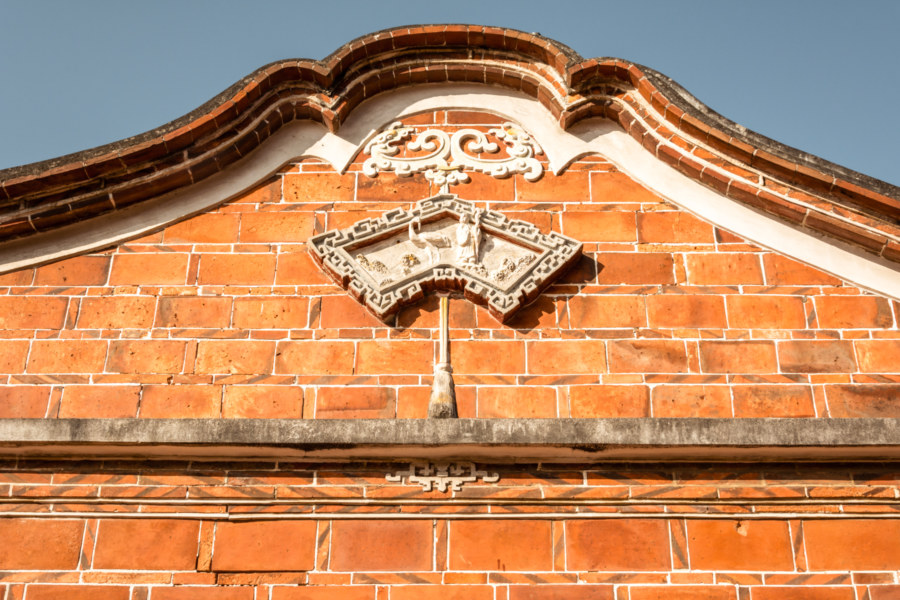
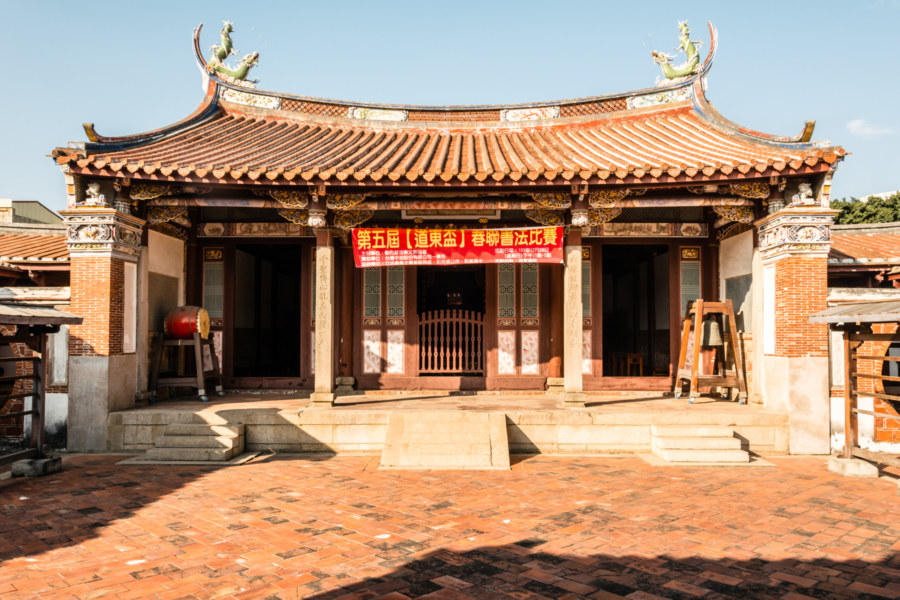
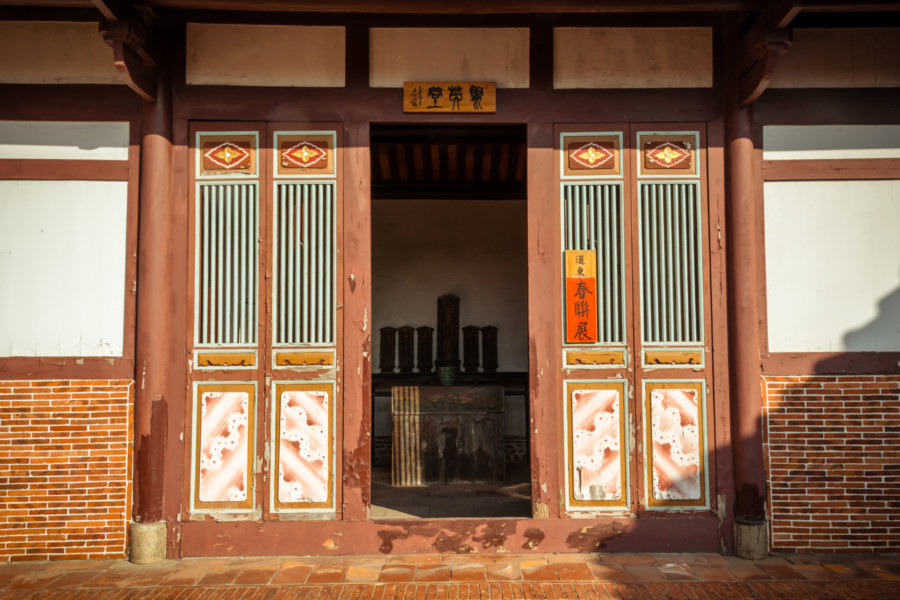
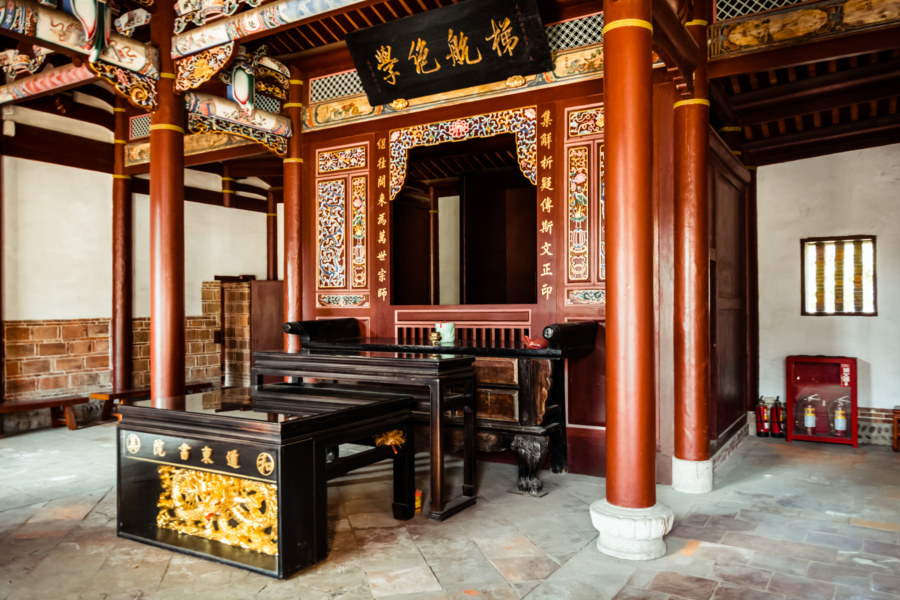
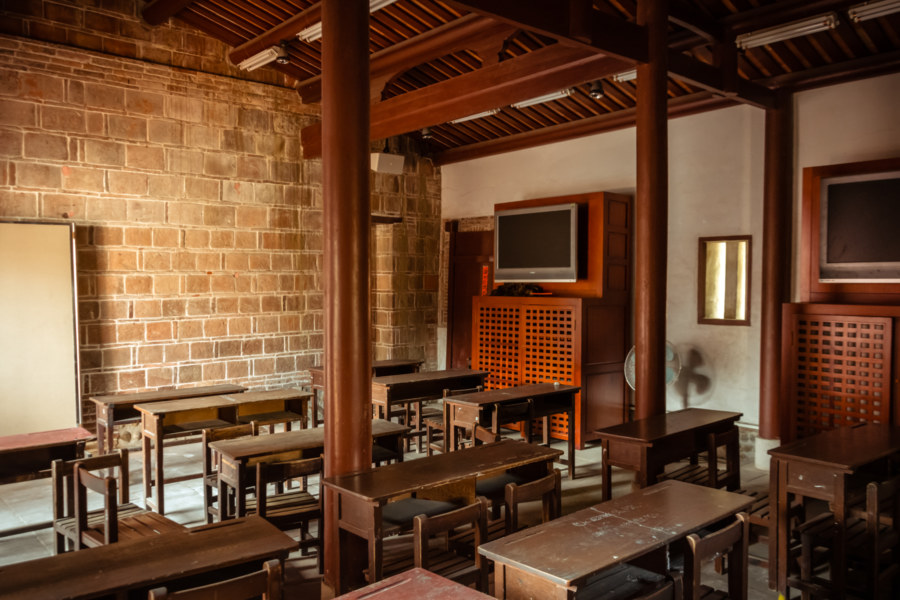
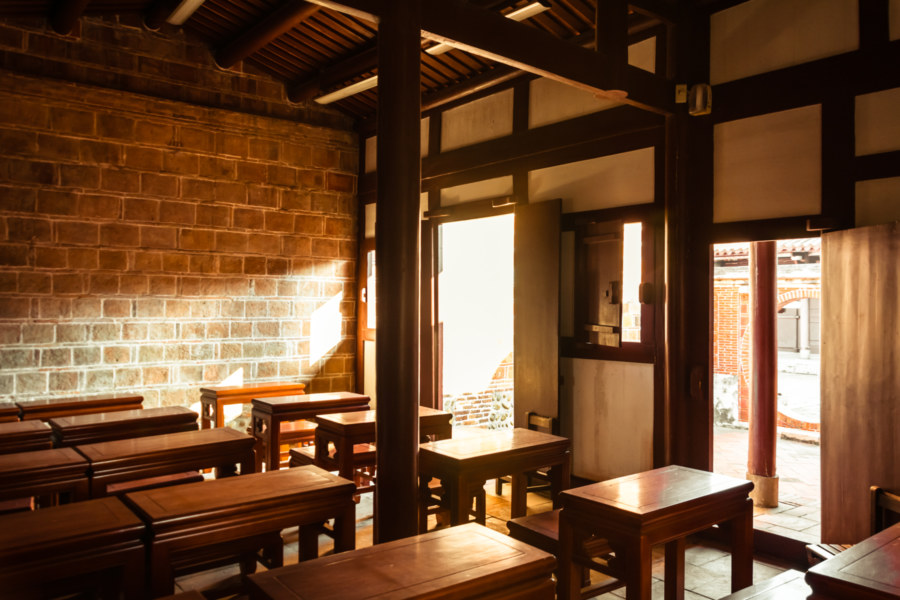
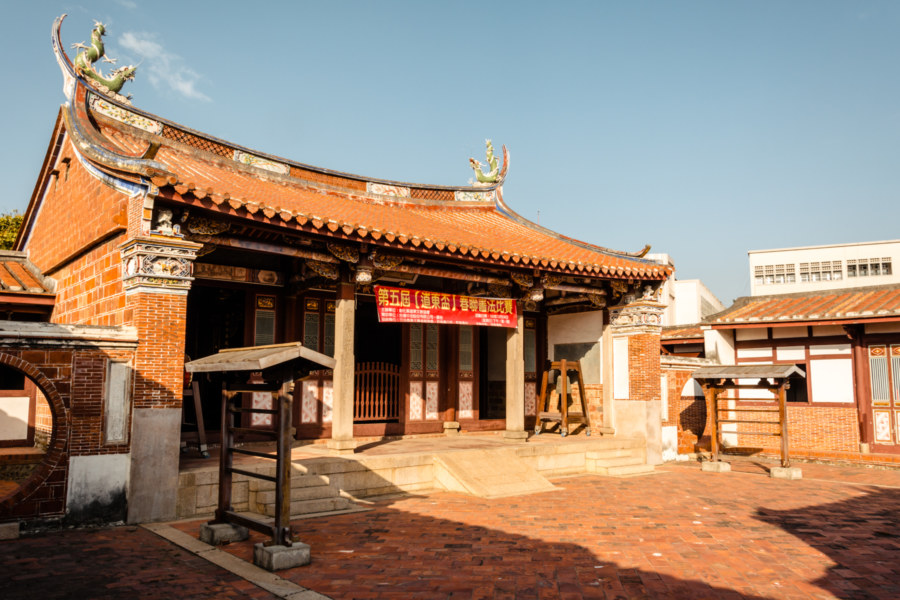
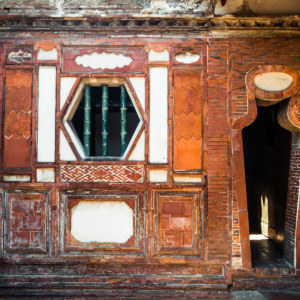
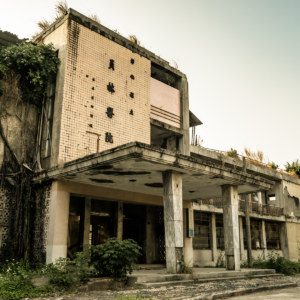
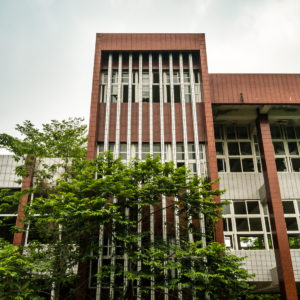
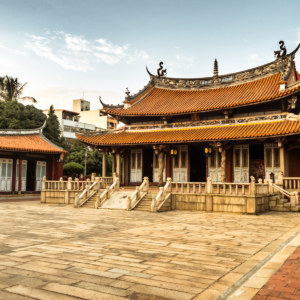
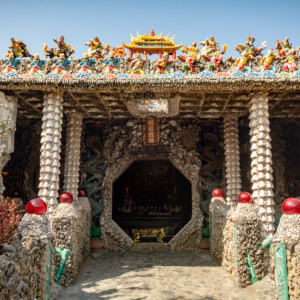
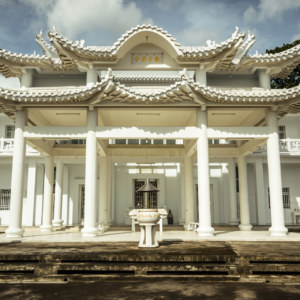
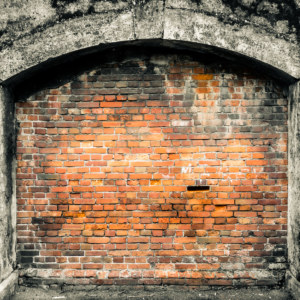
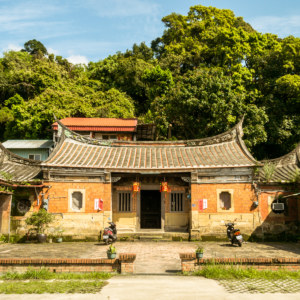
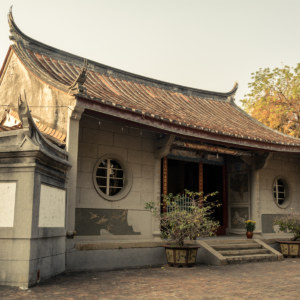
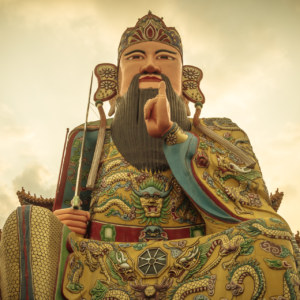
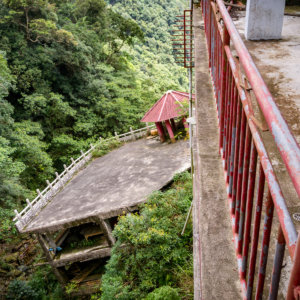
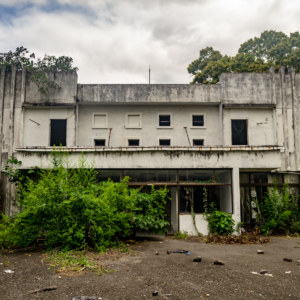
Write a Comment